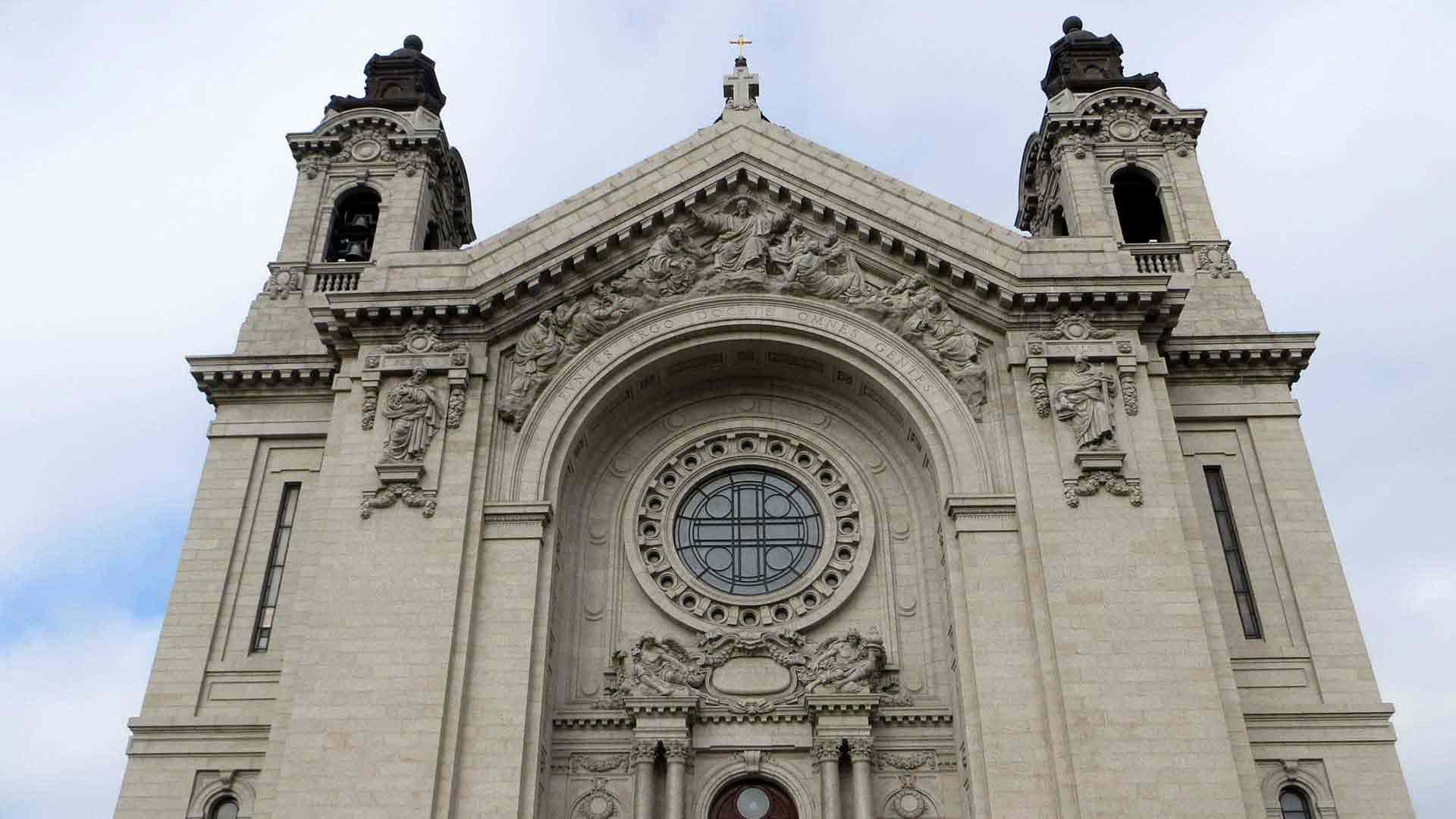
“The things that we love tell us what we are.” —Thomas Aquinas
Grounded in Catholic theological tradition, open to all wisdom traditions and committed to academic rigor, the Theology Department educates students to become religiously literate persons who think critically, creatively, and constructively about the most profound dimensions of human existence in order to engage the world's pressing challenges and to advance the common good.
The Theology Department offers majors, minors and certificates with concentrations in specialized areas, such as biblical studies, health care ethics, interfaith leadership, and comparative theology. Students can combine theological studies with degrees in other areas like business or STEM fields. Our graduates bring their expertise to every area of life impacted by religion, values and beliefs.
Upcoming Events
What story will you tell?
Education with a Purpose
Theology's "cornerstone" course, THEO 100: Foundations, is the required course in Theology. When you fall in love with "the study of God," you may also choose from our 2xx-level "keystone" courses (THEO 221-229), each number associated with a different area of specialization within Theology, for your third course in the area of Theology & Philosophy. You may also take Theology keystones for one or both of your required “integrations in the humanities" courses. The Department also offers a "capstone" course, THEO 300: Signature Work in Theology, for those who wish to integrate their major field with theology. In addition to the core requirements, we offer a major in theology. We welcome you to explore the possibilities.
The courses you choose shape the person you are becoming.
Choose the bricks in your curricular cathedral.
Study Abroad Opportunities

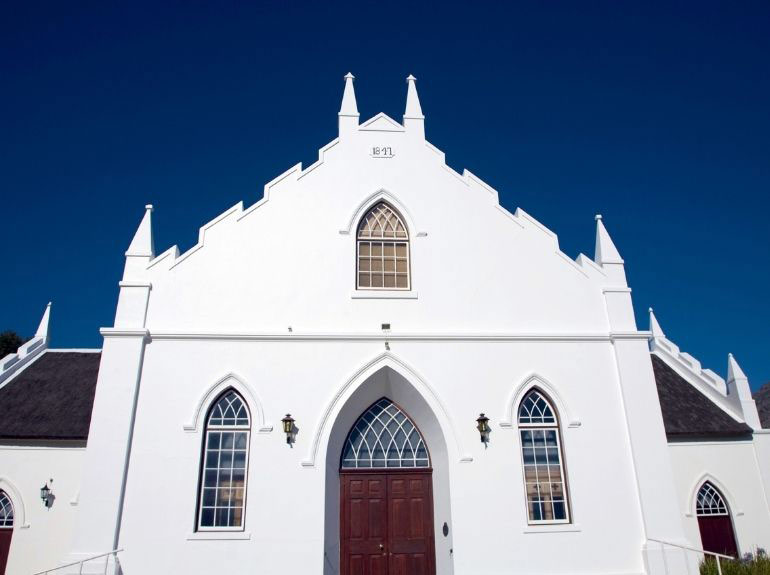
Programs in Africa
The Theological Roots of Nazism and Apartheid
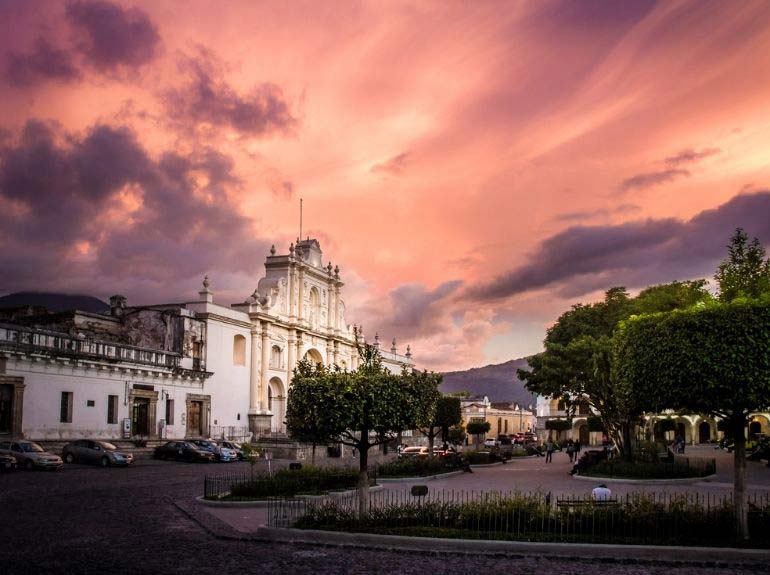
Programs in Latin America
The Church in Latin America: Guatemala
What can I do with a degree in theology?
Theology majors are prepared for graduate school and careers in law, medicine, business, education and more. Hospitals and other healthcare organizations, institutions of higher education, relief services, and advocacy organizations hire people with theology degrees; churches employ a good number of people and are a great option for some graduates. Theology students often complete a double major, pairing theology with another field of study. Students with degrees in theology and biology have worked for public health organizations, some of them in Africa. Others with degrees in theology and engineering have become ethical industry leaders. Graduates with degrees in theology and business work in the for-profit and non-profit sectors, in areas such as marketing, entrepreneurship and financial analysis. All students with theology degrees can distinguish themselves in the job market by pointing to careful study of purpose, meaning, and ethics.
Theology Department Initiatives
Common Good Scholars Program
Encountering Orthodoxy Initiative
The program answers Pope Francis' call to foster unity between Catholics and Orthodox Christians by supporting the work of IOTA: The International Orthodox Theological Association. The organization sponsors conferences to promote greater understanding.
Encountering Islam Initiative
This program fosters mutual understanding and cooperation between Christians and Muslims by providing educational opportunities for the community to learn about Islam, and for theologians in both faiths to engage in theological dialogue.
Encountering Judaism Initiative
New Frontiers Series
The New Frontiers series of lectures places the spotlight on one member of the Theology Department each year, highlighting research that they are conducting. Lectures have focused on topics ranging from hope to mass incarceration. Visit the archive to see the collection and view recordings of past lectures.
Science & Theology Network
The Science and Theology Network (STN) promotes thoughtful and respectful dialogue by sponsoring lectures, workshops, and other events to foster understanding of the inherent compatibility between faith and science.
Short Course on Nationalism
In this short course on the theological roots of Nazism, Dr. Michael Hollerich explores the collapse of a fragile democracy and its replacement by a dictatorship, and how both Catholics and Protestants rationalized (and criticized) their collaboration under the Nazi regime in Germany.
Short Course on Becoming Human
Becoming Human is an interdisciplinary short course on race relations in America, hosted by the Theology Department. Modules include historical recovery, differentiated racial care, and mobilization for social change.
Faculty
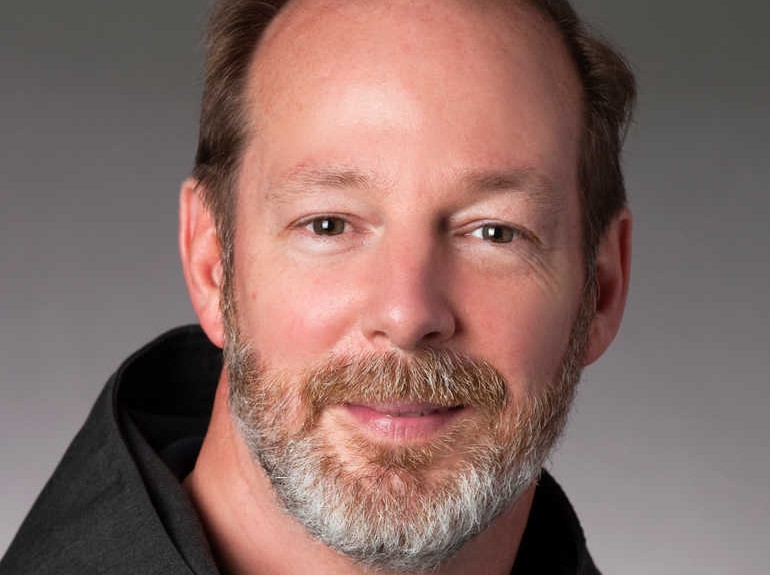
Fr. Steven McMichael
Associate Professor
Fr. Steven McMichael, recently published Mary Magdalene in the Medieval Franciscan Spirituality: Beloved Disciple and Apostle of the Apostles. In addition to being an expert on medieval Franciscan spirituality, he is a speaker on contemporary relations between Jews, Christians, and Muslims.
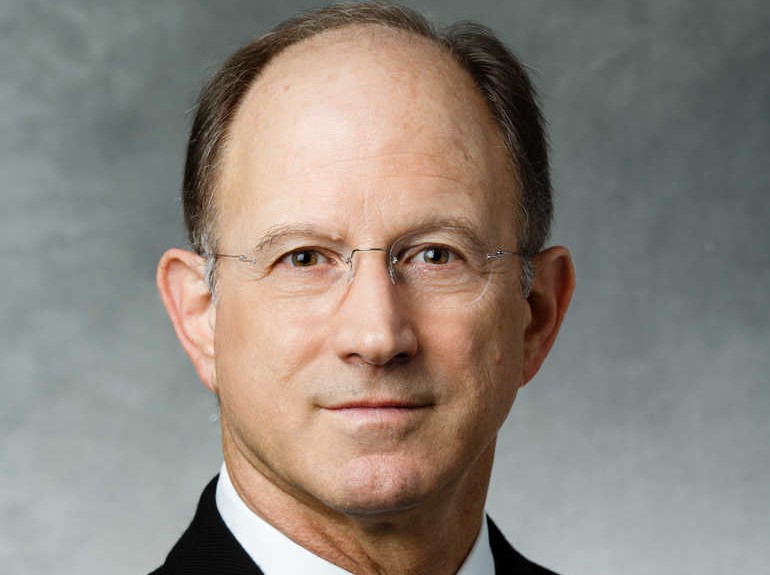
Dr. Philip Rolnick
Professor
Dr. Philip Rolnick has published works on analogy—how words refer to God; persons divine and human; the relation of science and theology; and most recently, The Long Battle for the Human Soul, a story of how the West moved away from its Christian origins.
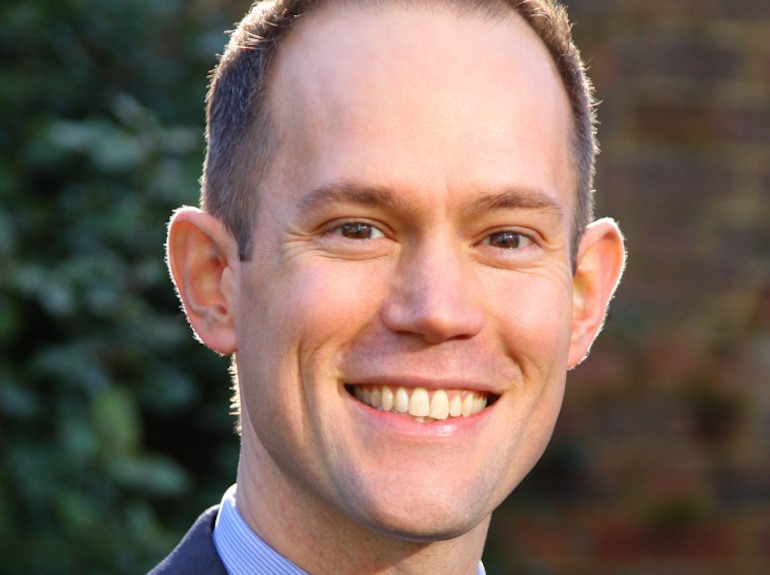
Dr. Mark McInroy
Associate Chair, Associate Professor
Dr. Mark McInroy recently published Image as Theology: The Power of Art in Shaping Christian Thought, Devotion, and Imagination, co-edited with C. A. Strine and Alexis Torrance. His current research examines theological aesthetics (theology of beauty) and Christian theologies of deification.
Be in the Loop
Contact Information
Mailing Address
Mail # JRC 109
University of St. Thomas
2115 Summit Avenue
St. Paul, MN 55105
Campus Location
Our offices are located on the first floor of the John Roach Center for the Liberal Arts (JRC 109).
